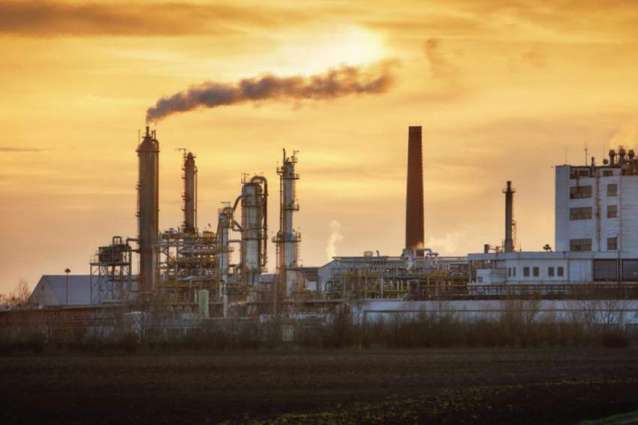Considering that air pollution is leading to 7 million premature deaths a year around the world, including 600,000 children, it should now be viewed as a human rights issue as well instead of environmental or health problem, as David Boyd, UN’s Special Rapporteur on Human Rights and Environment, points out
ABU DHABI, (Pakistan Point News - 06th Mar, 2019) Considering that air pollution is leading to 7 million premature deaths a year around the world, including 600,000 children, it should now be viewed as a human rights issue as well instead of environmental or health problem, as David Boyd, UN’s Special Rapporteur on Human Rights and Environment, points out.
"It should not be forgotten that the right to a healthy environment is legally recognised by 155 countries," said The Gulf Today in an editorial on Wednesday, noting that the issue is too serious to be ignored. Air pollutants are everywhere, largely caused by burning fossil fuels for electricity, transportation and heating, as well as from industrial activities, poor waste management and agricultural practices.
Though air pollution has devastating consequences on a global scale, with marginalised communities among the most affected, there’s a hidden danger, which mostly gets unnoticed. Boyd has well highlighted the fact that while the most visible air pollution often gets cleaned up, what is left behind is pollution that is harder to see and so easier to ignore. This is where the problem lies.
"Doctors and scientists have made strides in discovering how harmful air pollution can be to health, leading to problems from heart diseases and lung cancer to neurological disorders, including Alzheimers," added the editorial comment.
Mercifully, it is not that no one is taking action. For example, some countries, such as Indonesia, have begun to address the problem of indoor air pollution linked to cooking by helping millions of poor families switch to cleaner cooking technologies.
In India, a government-funded programme provides women with funds to buy natural gas stoves, the goal being to equip 95 percent of all target households by 2022.
The significance of India’s pledge last year to phase out single-use plastics by 2022, a move linked to action on plastic pollution, one of the themes of World Environment Day 2018, should not be underestimated.
As per UN officials, the number of households using solid fuels for cooking and heating is also decreasing in Latin America, parts of Asia, Europe and the Eastern Mediterranean. In the US and China, strong laws and policies promoting cleaner air have improved air quality.
All countries need to work towards meeting World Health Organisation’s global air quality guidelines to enhance the health and safety of children.
"Governments should adopt measures such as reducing the over-dependence on fossil fuels in the global energy mix, investing in improvements in energy efficiency and facilitating the uptake of renewable energy sources," concluded the Sharjah-based daily.




